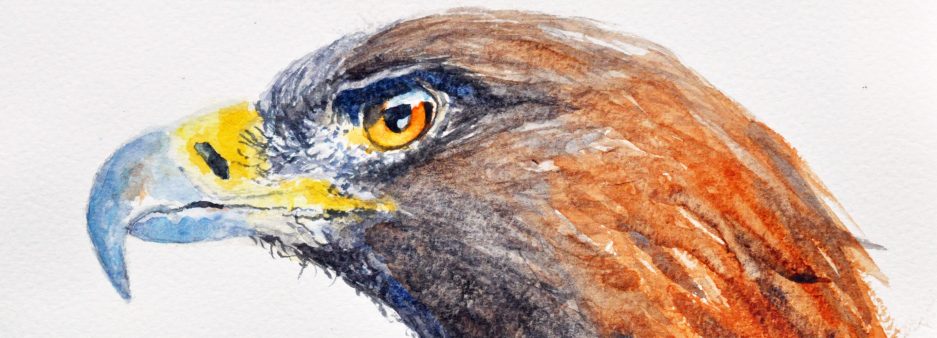Incarnation
And the Word became flesh and lived among us,
and we have seen his glory…
Edwin Muir, the Scottish poet, railed against the cold churchmanship he had known, abstract and hard on people:
The Word made flesh here is made word again
A word made word in flourish and arrogant crook.
See there King Calvin with his iron pen,
And God three angry letters in a book…
He predicted that,
The fleshless word, growing, will bring us down…
Abstract calamity, save for those who can
Build their cold empire on the abstract man.
This is always a danger, especially for theologians: to reverse the divine plan and make the personal abstract. Yet incarnation is not abstract, it is down-to-earth religion with a down-to-earth God, born of a woman, pierced by nails and buried behind stone.

How can I portray incarnation,
how paint a mystery of God become human,
spirit become matter?
How can I define an action,
an event which defies definition?
How can I describe a process of humiliation,
a road of descent from heaven to hell?
How can I speak of ‘presence, or ‘glory’?
as the Word did not become words, but flesh.
What shall I bring to this mystery?
Not explanation but adoration,
not narrative but sacrament,
as Word becomes flesh again:
Christ in me, the hope of glory.


